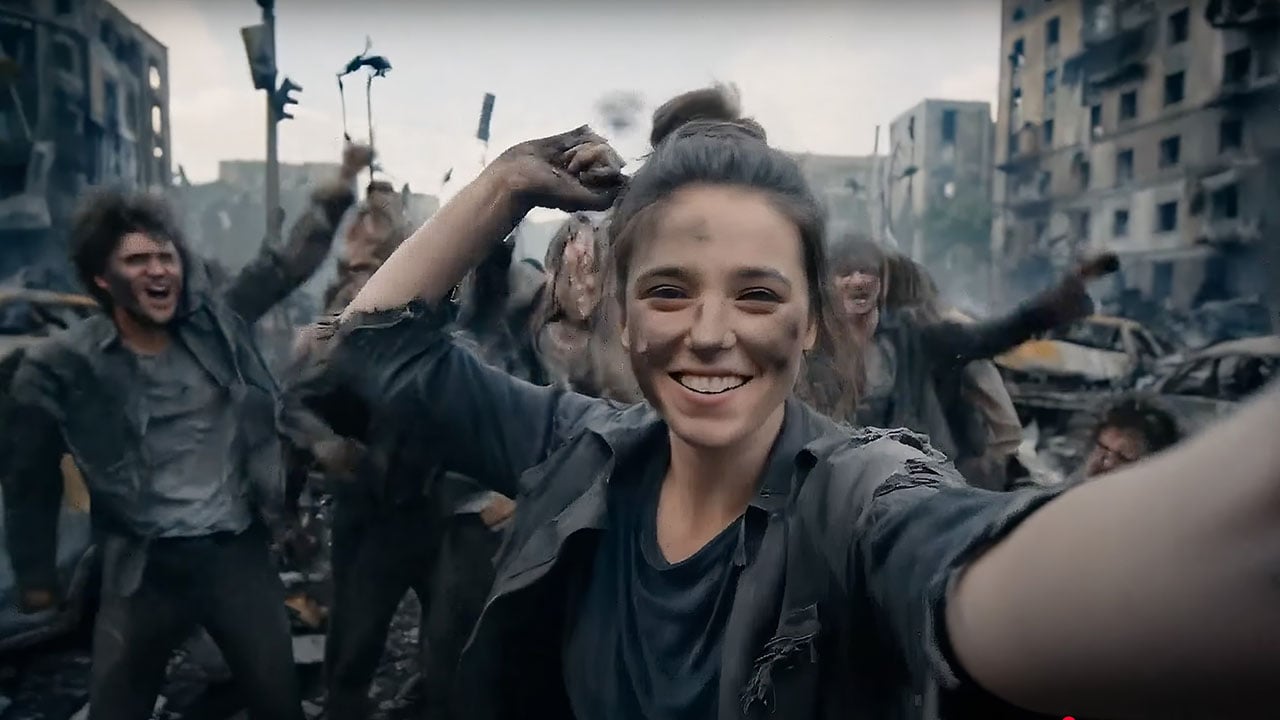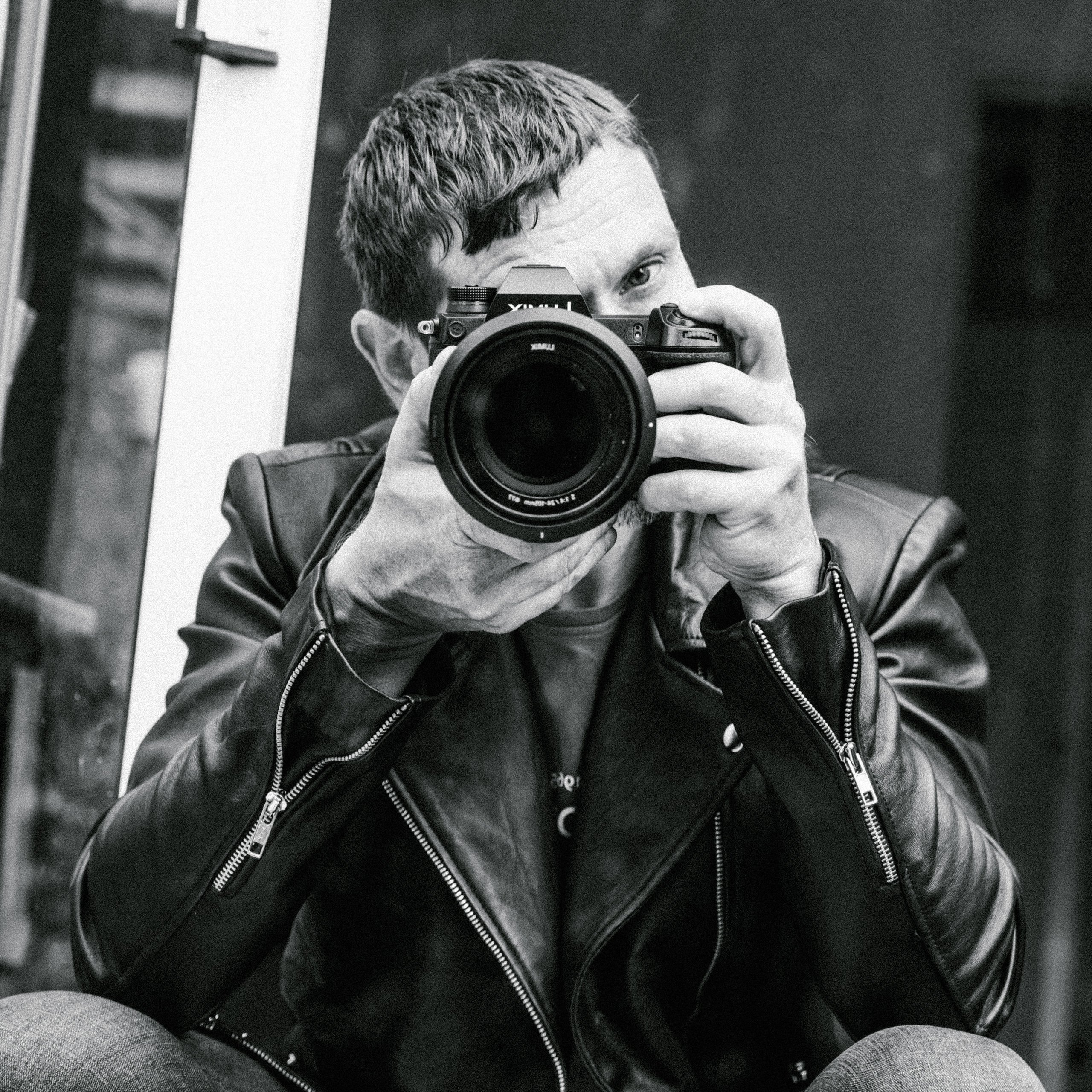
Google's Veo 3 generative AI video system is causing a storm online. Is the hype justified and what will it mean for video and film going forward?
There is one fundamental truth that every one of us needs to accept. Generative AI is here to stay. For all the objections and ethical debates, the stable doors were left unbolted and the horses are now galloping across the plains.
The debate about whether generative AI is actually creating original content, or merely copying it, is one that will continue to rage. I have a fairly pragmatic attitude towards it, because nothing is truly original any more. Even human created content was influenced by previous works, and in many cases can also be a reworking of something that existed before.
For example, should the creators of The Glass Onion pay royalties to the estate of Agatha Christie due to the use of a quirky author/amateur detective who solves murders before gathering everyone together in a room at the end? Should we stop the creation of any new Western due to the abundance of cliched cowboy style characters that have been seen in every similar film since their conception?
The reality is, like it or not, as humans we rarely have truly original thoughts when it comes to the creation of visuals. I guess we just object more to AI doing the 'borrowing' because it's more of a blatant process, and doing the quiet part out loud is never a good thing... But, on the flip side I do fully empathise with artists who see AI as stealing their work in order to put them out of work. Previous references to Westerns aside, it is still a Wild West out there, and regulation is still way behind the development of technology.
Enter Veo 3
The debate over all this is only going to intensify with the real world results of Google's new Veo 3 generative AI video system, particularly when it's combined with Flow. The results that have been doing the rounds have been nothing short of incredible, and would appear to represent yet another major leap forward when it comes to realism.
Examples that have been created include standup comedians and interviewers carrying out vox pops on the street and at car shows. What stands out is that while the uncanny valley makes an occasional rare appearance, for much of the time the human characters are often totally convincing.
Veo 3 isn't perfect, however. While the days of people being portrayed with 10 fingers per hand might have become rarer, or even eliminated, creators are still at the whim of the AI system understanding what they want to show. A case in point was when one creator wanted to show two high speed trains heading towards each other and then exploding like an action movie. Try as he might, the Veo 3 wasn't playing ball, and instead showed two trains side by side before randomly exploding. No amount of prompt tweaking seemed to solve the problem.
In my own brief tests, I gave Veo 3 an image of myself and asked it to bring it to life, asking it to have "me" say "Film will never die". The result was far from perfect. While my face was animated pretty convincingly, the speech that came out was complete gobbledegook, and err, a bit Russian sounding!
Using Flow to help create a narrative can create consistency over multiple shots, as well as giving more control, but we may still be a distance away from someone creating a truly compelling feature length narrative movie with such a system. But, Veo 3 would still appear to be another significant step towards that becoming reality.
Some will lament the day that happens. But, for many people who have great movie ideas, and who can't even begin to get them made into reality, such a system would be a revelation. Would it destroy the film industry? I don't think that it would, because there would always be a demand for 'real' films. It might just be that Hollywood will no longer be able to get away with lazy storytelling or unoriginal ideas any more. Oh, the irony.
Tags: Production AI


Comments